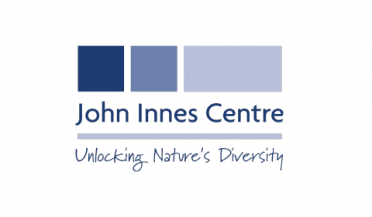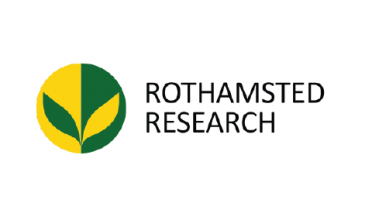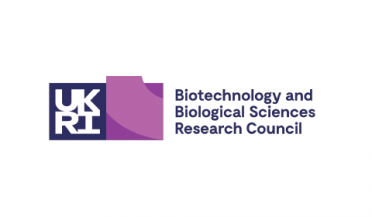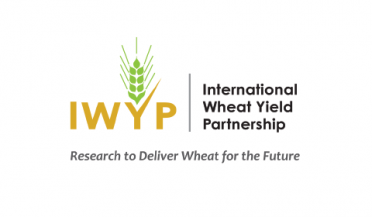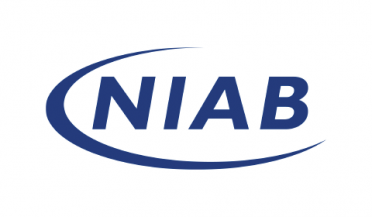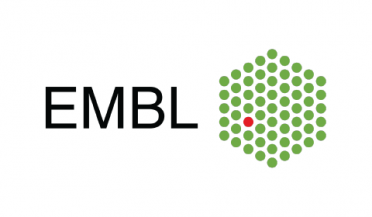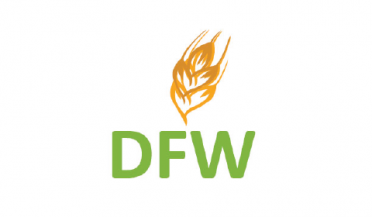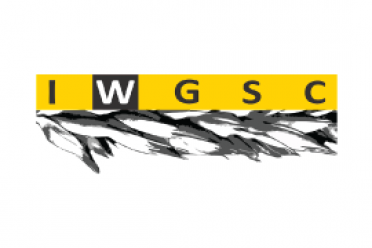Improving genetic resources for wheat breeding
The Earlham Institute has made major contributions to understanding the wheat genome and is leading research efforts to improve a crop vital for global food security.
Wheat provides more global calories than any other crop, yet has historically lagged behind in genetic resources due to its large and complex genome.
The Earlham Institute was an integral part of the international effort to deliver the first full bread wheat genome, decoding this hexaploid crop from sequence to assembly and annotation.
Bioinformaticians at the Institute have mapped the wheat epigenome and begun to understand the effects of introducing genetic variation from wild relatives.
Since sequencing 14 of the 21 chromosomes of bread wheat - and generating all of the first assemblies as part of that first effort in 2014 - our scientists are now part of ambitious UK and international collaborations, such as the International Wheat Genome Sequencing Consortium (IWGSC), International Wheat Yield Improvement Partnership (IWYP), Designing Future Wheat (DFW), 10+ Wheat Genomes and the Hybrid Wheat Initiative.
In both the UK and globally, this work is supporting ongoing annual increases in wheat productivity and reducing the impact of disease outbreaks, with an estimated impact of £7.4m to the UK economy and £240m to the rest of the world over the next 10 years. The global impact is projected to rise to an estimated £1.5bn over the next 25 years.
All of the work described here has been a huge collaborative effort alongside a number of important partners, both in the UK and worldwide.
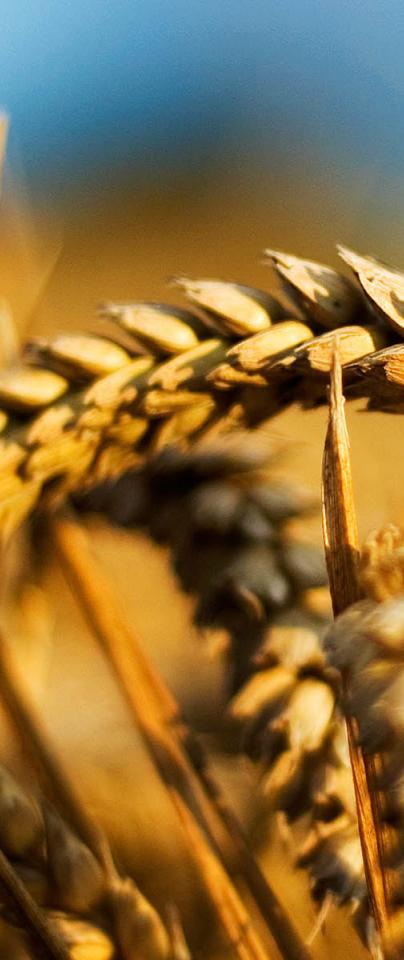

We have generated genomes for important wheat varieties from across the globe. Knowing the sequence of these genomes allows us to use wheat as a model crop species, in the same way we use rice and maize, and changes the way research and breeding can be done.

Earlham Institute’s Genomics Pipelines group sequences 14 of the 21 chromosomes of bread wheat, while our bioinformaticians generate all chromosome assemblies
Dr Bernardo Clavijo makes major modifications to the DISCOVAR platform to improve bread wheat genome assemblies, distinguishing repeat sections and providing maximum coverage
In the spirit of open science, the new genome was made available on our Grassroots Genomics platform - a versatile data repository, analytical service and enabler of marker assisted breeding that is freely available to researchers
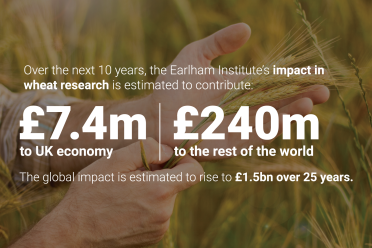
Earlham Institute wins a supercomputing award for its work on wheat research
Dr Ksenia Krasileva wins a 1.5 million Euro award from the European Research Council to investigate the immune systems of crop plants, including identification of novel NLR-ID proteins - key players in the evolutionary arms race between plants and their pests
The Earlham Institute forms a major component of the national Designing Future Wheat programme
W2rap is released to help kick start the first wheat pan genome project
The Earlham Institute and John Innes Centre collaborated to provide a “sat nav for bread wheat”, identifying 104,901 protein-coding genes - a fifth of which were absent from previous assemblies
The Earlham Institute generates a further six reference wheat genomes that better reflect the diversity of UK wheat varieties
The Genomics Pipelines group is the first in the UK to adopt the PacBio RS II platform that enables a combinatorial approach of long and short-read sequencing
The Clavijo Group’s K-mer Analysis Tool (KAT) software is used as part of a groundbreaking international collaboration that contributes the first near-complete bread wheat genome assembly
The Earlham Institute’s Luis Yanes is part of a Norwich Research Park-wide team that develops a space-inspired speed breeding chamber that can be deployed quickly and with minimum skill wherever it is required
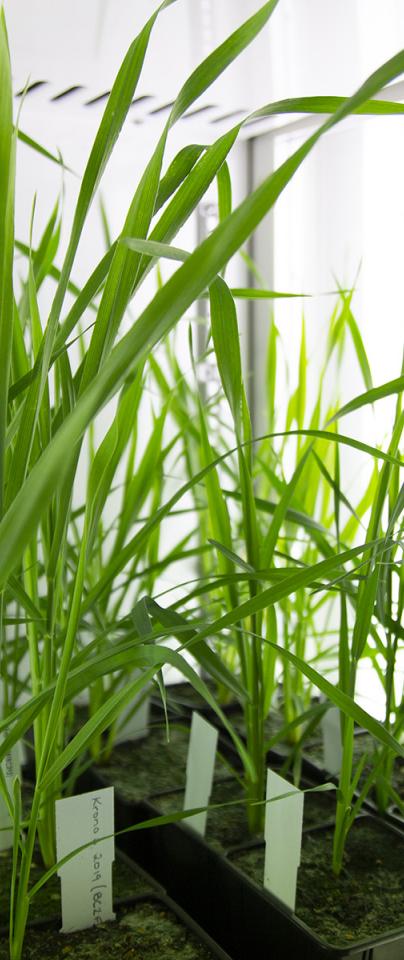

The advances we’ve made and contributed to have a potential to generate tremendous impact through advancements of breeding programmes globally. From increasing yield and improving disease resistance to improving food security and nutrition, our combination of leadership and global collaboration allows the Earlham Institute to help shape the future direction of wheat research.

Researchers of the Anthony Hall group make an important step forward in identifying ways to increase wheat yield potential as part of the International Wheat Yield Partnership (IWYP)
Novel methods developed by Dr Hannah Rees allow us to accurately measure circadian rhythms in brassicas and wheat for the first time
Earlham Institute researchers contribute to the publication in Nature of the fruits of the 10+ Wheat Genomes Project to map a global atlas of wheat diversity
As a result of impactful meetings at EI Innovate in 2020, the Earlham Institute launches the Hybrid Wheat Initiative to tackle the “holy grail” of wheat breeding
Researchers of the Anthony Hall Group use whole genome sequencing to better understand introgression between wheat and wild relatives in collaboration with Kansas State University and the University of Nottingham as part of DFW.
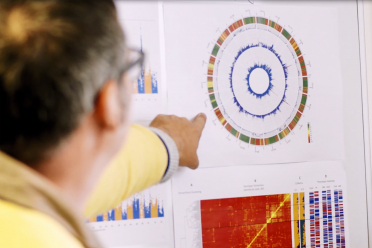
Research from the Anthony Hall Group in collaboration with the John Innes Centre reveals multiple ways in which the wheat circadian clock maintains balance. As well as providing a potentially invaluable resource for wheat breeders, the work is the first to gauge the role of circadian rhythms across the entire genome of polyploid wheat.
As a result of a two-year field trial with a collaborative team at the International Maize and Wheat Improvement Center (CIMMYT), researchers find that wheat containing exotic DNA from wild relatives benefits from up to 50 per cent higher yields in hot weather compared with crops lacking these genes. The team found the plants bred with exotic DNA achieved a 50 per cent higher yield over wheat without this DNA. Importantly, the exotic lines didn’t perform any worse than the elite lines under normal conditions.
The Earlham Institute’s future work will aim to address a number of important challenges, particularly around how we deal with the large amounts of genomics data generated in these collaborative efforts. In particular, the Institute will use its data-intensive bioscience expertise and work with others to find ways of making the data available in a useful way for both wheat researchers and breeders.
The Institute will continue to play a central role in global initiatives, such as the International Wheat Yield Partnership (IWYP), the Wheat Initiative, and Designing Sustainable Wheat - the next phase of the DFW partnership. Together, this work will help link the research community, breeders, public and private funders, and policymakers together.
It will also provide more equitable access to information, resources, and technologies, as well as securing long-term investments to meet wheat research and development goals.
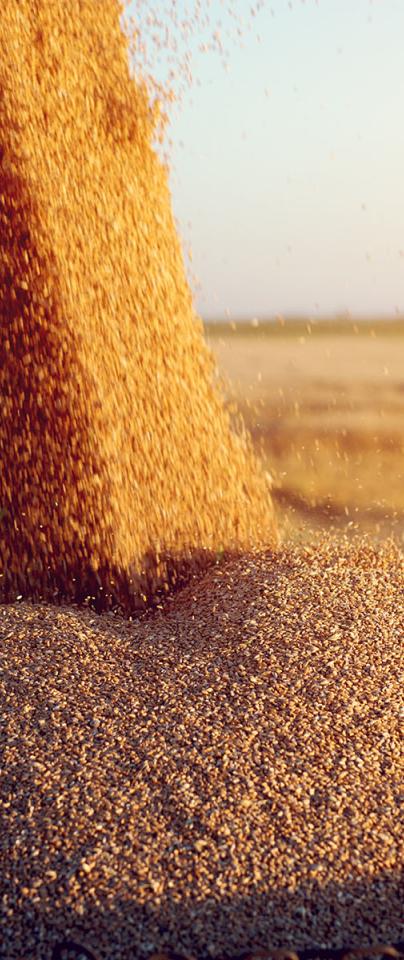
Wheat is a staple of the human diet and the leading source of vegetable protein. It is the second most-produced cereal in the world with an estimated yearly production of 750 million tonnes, which is predicted to increase throughout the 21st century.
Though great success has been enjoyed in increasing yield since the Green Revolution in the 1960s, the rate of yield increase has been in decline since the 1990s. Climate change adds another dimension, threatening further progress. That’s why publicly-funded science, working closely with industry, is vital to help cement a sustainable future for wheat.
